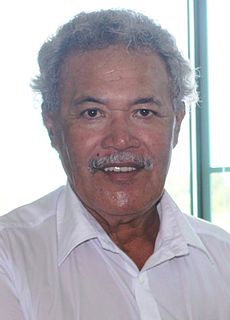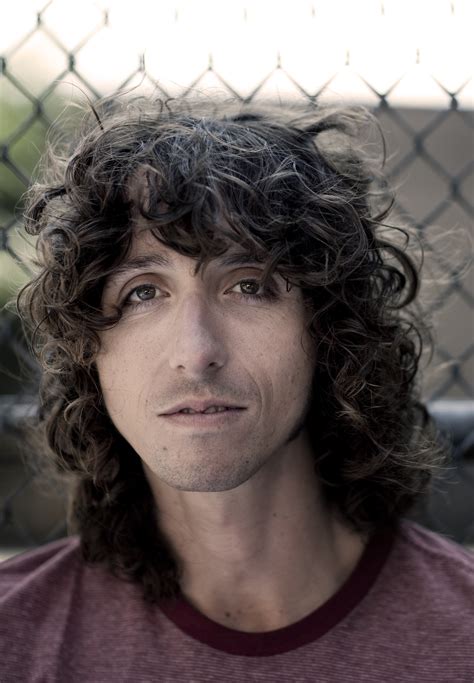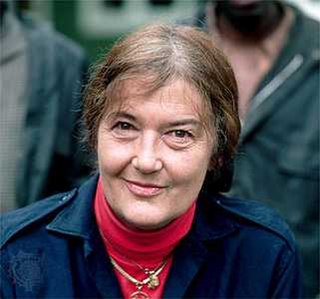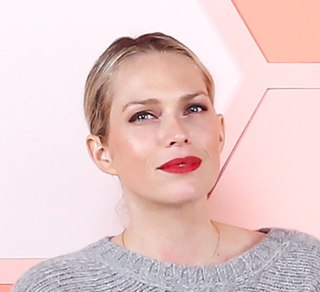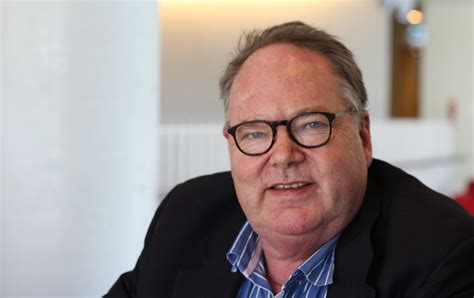A Quote by Enele Sopoaga
People living on atolls like Tuvalu are among the world's most threatened populations.
Related Quotes
I think that there is a middle-class desire, and maybe an almost universal desire, among many human beings to live in clean neighborhoods, among people like themselves, around people with whom they feel comfortable. That can be exclusive, it could be exclusionary. It could be racist, classist, genocidal, and so on. Most people like comfort. Now what provides a sense of comfort varies. I do think that people who like living in cities like small-scale human interaction and they like the social dimensions of aesthetic diversity that Jane Jacobs wrote about.
It's not that I don't appreciate my life sober, but it's like there are two different people battling inside of me. I want to be good, do good, be a worker among workers, a friend among friends. But there's also this part of me that is so dissatisfied with everything, If I'm not living on the verge of death, I feel like I'm not really living.
We're living in a time when the most famous people in the world have no specific skill set and are known for living their lives in front of the world. How strange is that? The appeal makes sense to me - it's like 'The Truman Show,' getting a chance to peak into someone's bedroom or see the way someone fights with their husband.
For the three decades after WWII, incomes grew at about 3 percent a year for people up and down the income ladder, but since then most income growth has occurred among the top quintile. And among that group, most of the income growth has occurred among the top 5 percent. The pattern repeats itself all the way up. Most of the growth among the top 5 percent has been among the top 1 percent, and most of the growth among that group has been among the top one-tenth of one percent.
All religions, at one point or another in their evolution tried to proclaim their single, inerrant consistency. All religions even the most liberal, were tempted by the reactionary impulse to freeze faith in place. Because as Jesus teaches, it's easy to be threatened by the reality of the complicated, messy, syncretic, God-bearing truth that becomes incarnate among us and makes things new. We'd rather have a dead religion than a living God
If people are given the opportunity to really make a difference in their own lives, their own communities, their own businesses and their own governments, then we can really transform the prospects of life on this planet. We can find ourselves living in a world that is more like the world that I think most of us want to be living in.
While I think in principle people should not have irrational beliefs, I should say that as a matter of fact, it is people who hold what I regard as completely irrational beliefs who are among the most effective moral actors in the world, in many respects. They're among the worst, but also among the best, even though the moral beliefs are ostensibly the same.
Think the very fact that somebody like Mike Pence is seen as useful to the [Donald] Trump campaign would be analytically a sign of difficulty for him because, you know, the Republican Party over the last two decades has needed to include his support among women, among Latinos, among blacks, among young people, and among highly educated people.
